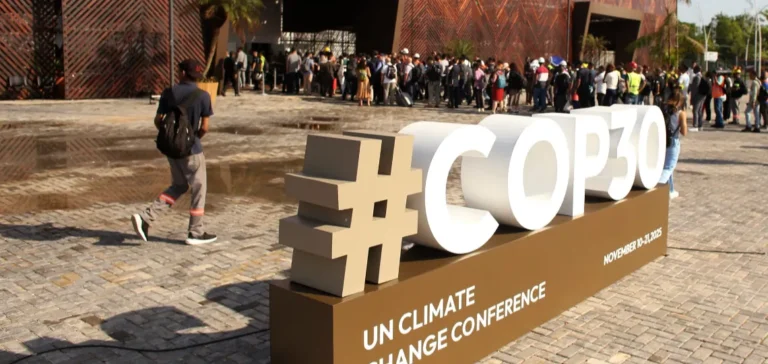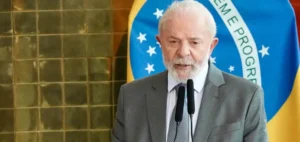More than 80 countries have expressed support for adopting a roadmap to phase out fossil fuels at the 30th Conference of the Parties on climate (COP30), currently taking place in Belém, Brazil. The proposal was introduced by the climate envoy of the Marshall Islands and backed by a wide range of nations from various continents, including members of the European Union.
A draft text presented by Brazil
Brazil, which holds the presidency of COP30, has submitted a draft document mentioning for the first time the potential inclusion of a formal roadmap for phasing out fossil fuels. This text is expected to be revised following consultations with the different regional groups participating in the negotiations. The discussions, still at an exploratory stage, aim to build consensus on the terms and objectives of this transition pathway.
Ongoing resistance from producer countries
Several oil and gas producing countries, including Saudi Arabia, Russia and Bolivia, may oppose any wording committing to a gradual fossil fuel phase-out. These states fear direct impacts on export revenues and economic stability, complicating the negotiation of a binding multilateral agreement.
Differentiated approaches but a shared goal
Countries supporting the initiative stress the principle of flexibility, stating that no single model will be imposed. Each state would retain the freedom to define its own trajectory, considering its economic, energy and social circumstances. The shared goal, however, would be to initiate a coordinated decline in the use of coal, oil and natural gas.
Financing as a central condition
The financial issue remains central. Developing countries are calling for broader access to substitute technologies and adequate financial resources to transform their energy systems. The African continent illustrates this tension, as it still relied on fossil fuels for 75% of its electricity production in 2023, while attracting only a marginal share of global investments in low-emission infrastructure.






















